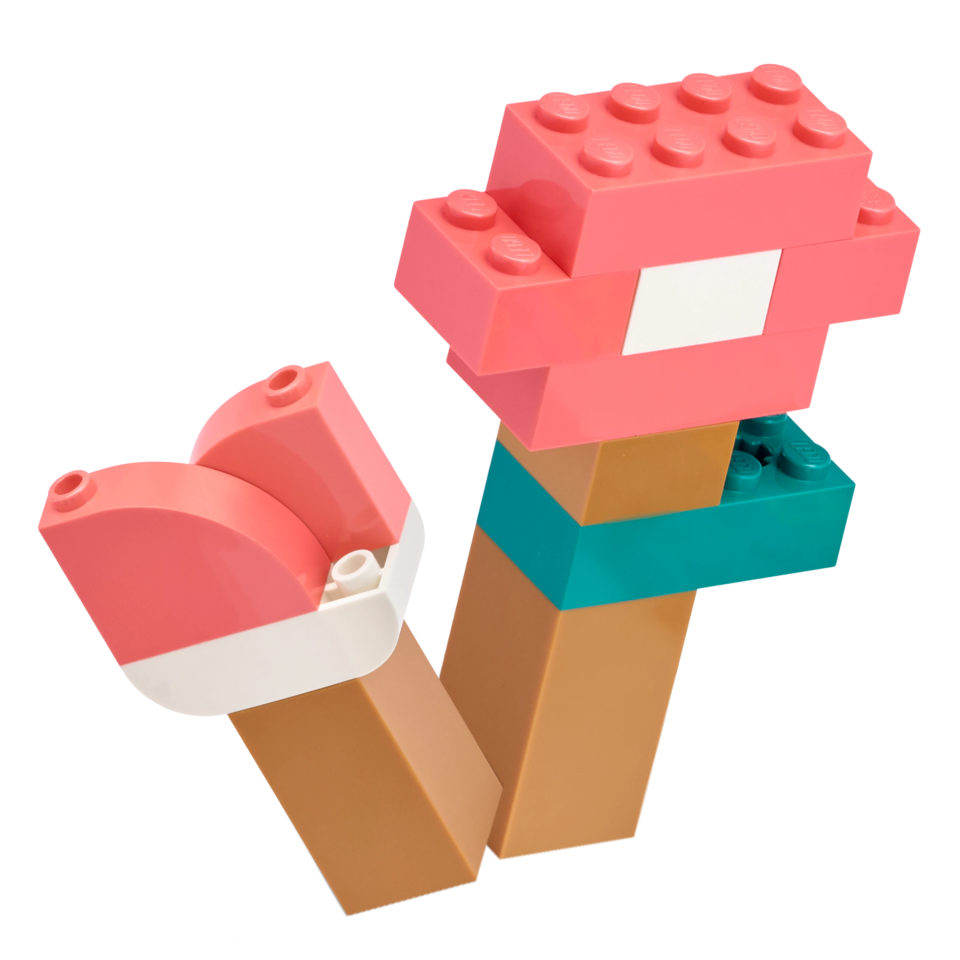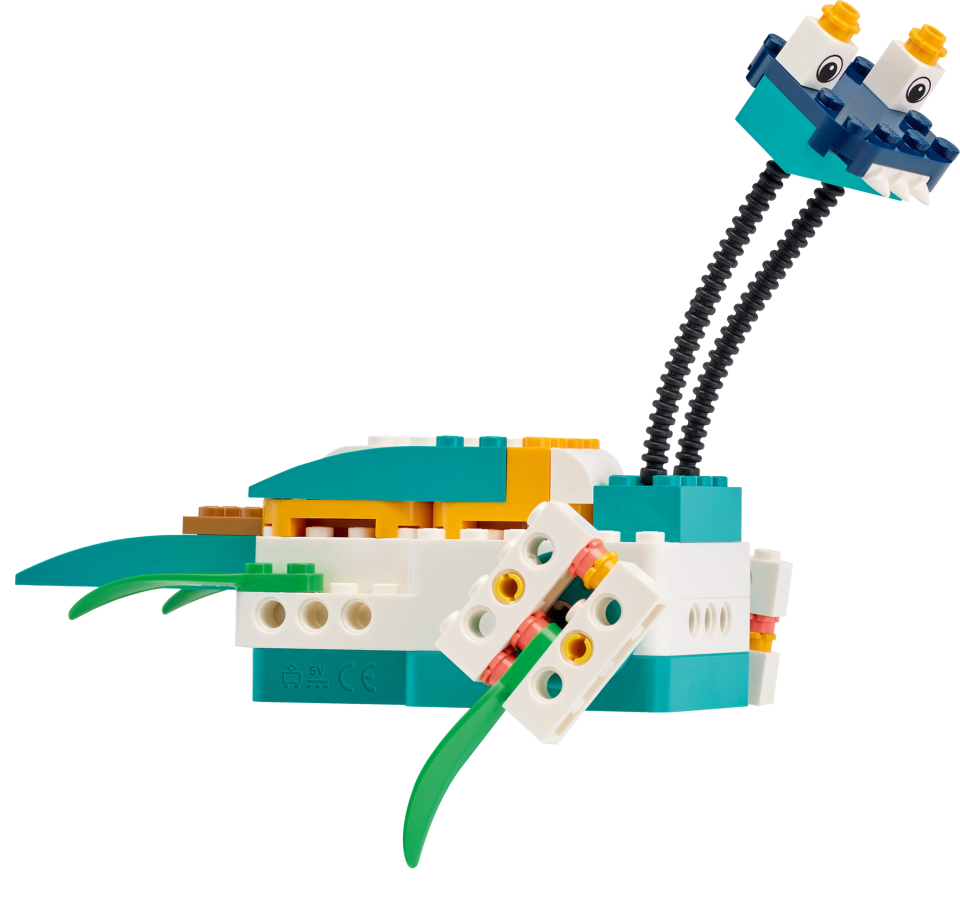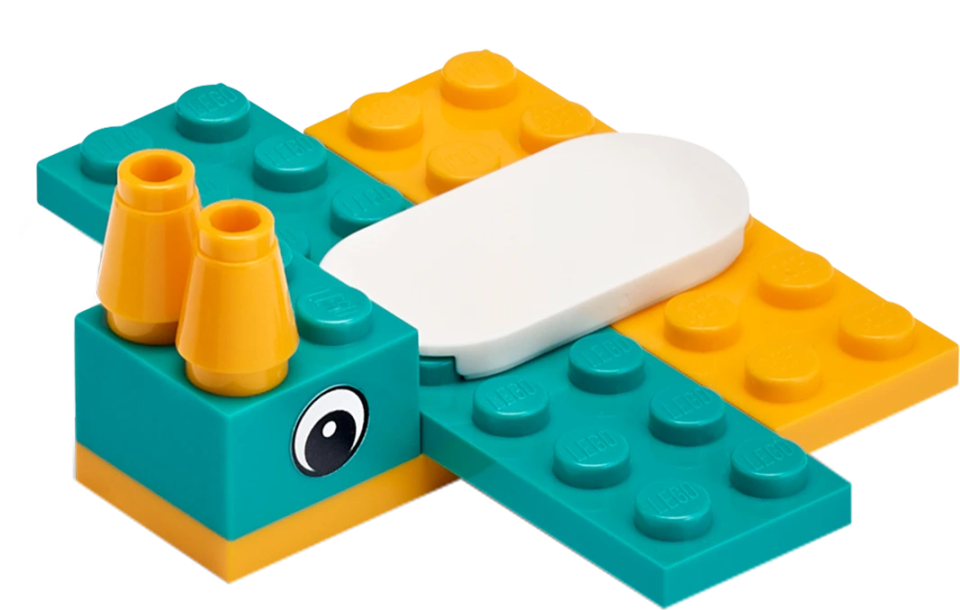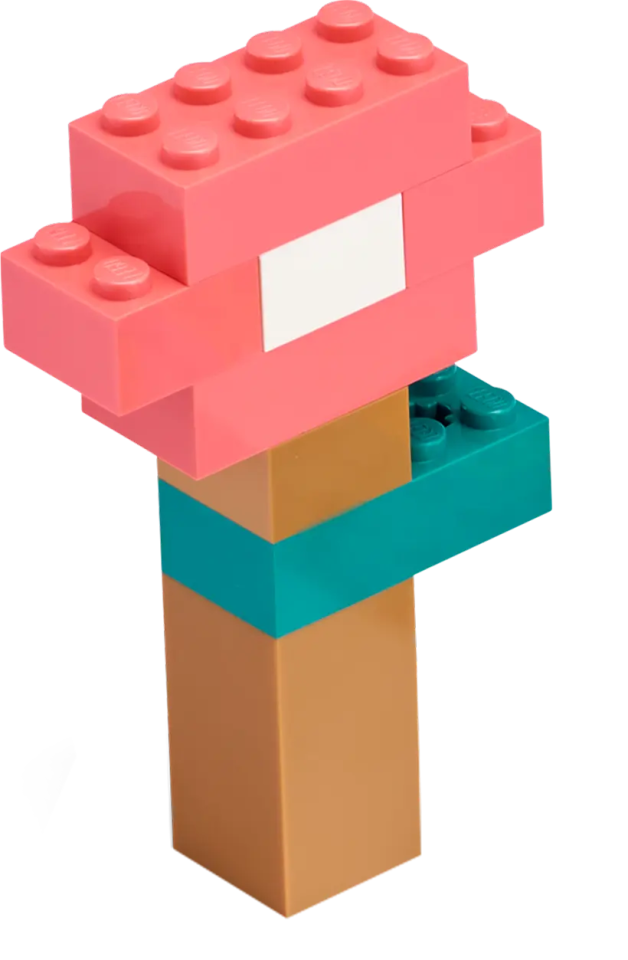It’s Time to Celebrate World Play Day on June 11
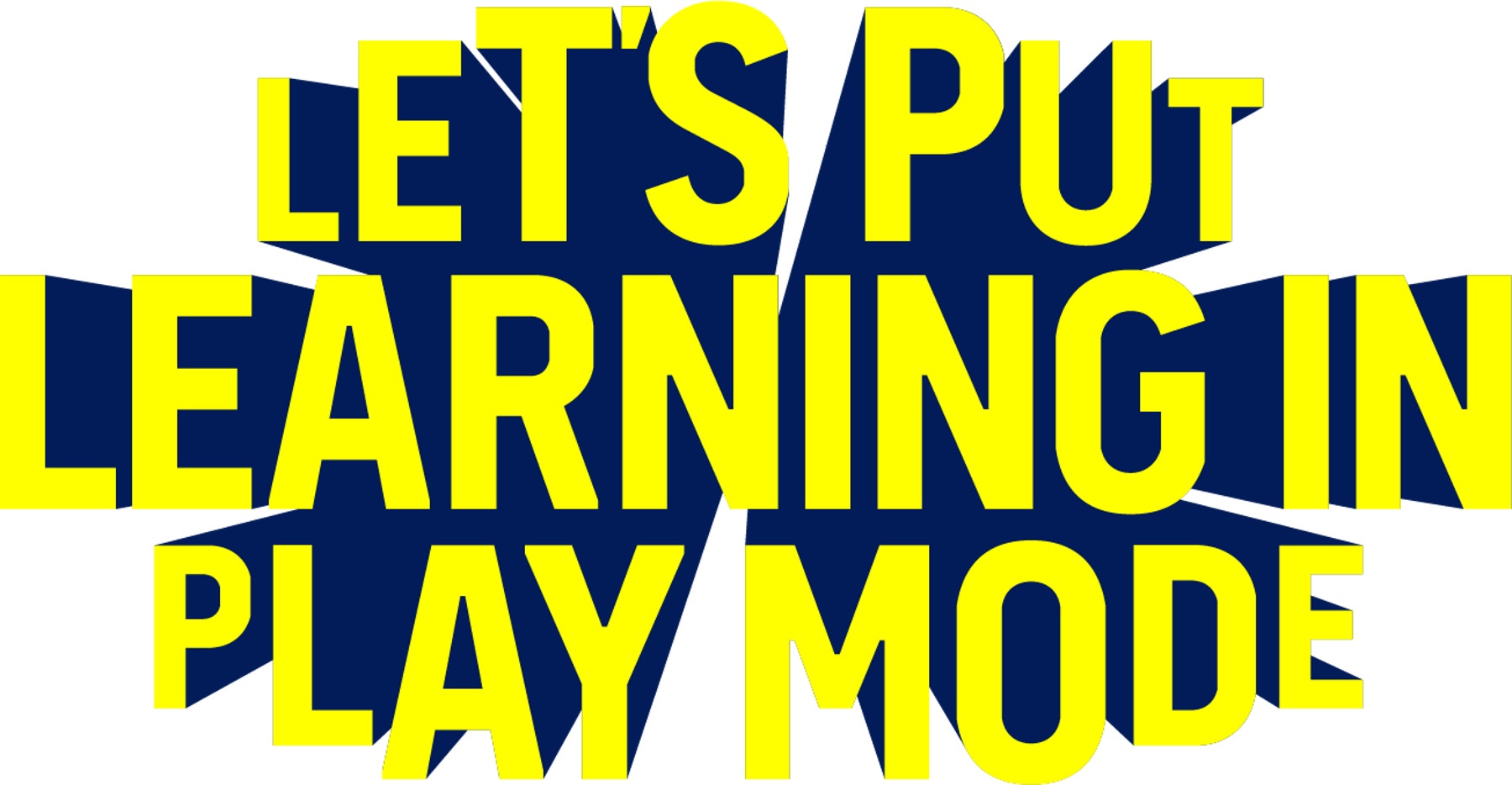
How can your students create a bright spot for their community by tapping into their natural curiosity and activating their innate desire to learn through play?
Through our research, we learned that 4 in 5 students* want more play in the classroom, yet only half of students** have access to hands-on, playful learning experiences at school. And 40% of teachers** say they incorporate play-based learning only once a week or less.
At the end of the academic year, many teachers are likely looking for the perfect easy-to-implement project that will provide a fun and inspiring close to the academic year, so students go into their break with positive feelings about school. What could be better than an experience focused on the power of play and solving real community needs? We’re providing this experience for educators all around the world in honor of International Day of Play on June 11.
What is International Day of Play?
Play is more than bubbles, sidewalk chalk, and freeze tag. Learning through Play is a proven methodology that deeply engages students in the classroom and can drive real learning outcomes. Play has an essential role in human development, but children aren’t getting enough.
In 2024, the UN designated an official International Day of Play — a global celebration of play and a call for a broader movement at the highest political level to prioritize play. The LEGO® Group, along with other organizations, believe play is central to children’s well-being. That’s why we continue to champion every child’s human right to time, space, and access to play.
What and When is World Play Day?
To drive momentum for this movement, the LEGO Group, including LEGO ® Education, proudly celebrates World Play Day every year on June 11. World Play Day affirms our belief that students thrive through joyful, hands-on, purposeful play. These experiences help students understand the world around them and empower them to build essential skills.
Why does play matter in the classroom?
During a typical academic year, teachers and students experience standardized tests, assemblies, school breaks, meetings, and inclement weather days — all of which disrupt the natural flow of learning. Where are schools supposed to find time for play?
Often seen as nice-to-have, our studies show play is a must-have. Learning and playing go hand-in-hand, strengthening students’ engagement, knowledge, and skills development. At LEGO Education, we believe learning should be engaging and hands-on for all students while considering diverse learning needs — and purposeful play makes that happen.
Simply put, play is powerful. A powerful motivator, 89% of students*** say play makes them excited to go to school — and they’re not the only ones. Teachers say hands-on, playful learning transforms classrooms into dynamic spaces where ideas come alive.
- 81% of teachers see more student engagement in lessons with play than with standard lessons
- 3 in 4 teachers say playful learning helps teach ISTE, CCSS and NGSS, and local standards
- 97% of teachers believe play in the classroom reduces their own feelings of burnout
Play in the classroom sparks curiosity, fuels imagination, and ignites meaningful learning. For 45 years, LEGO® Education has provided educators with tools and support to make play a central part of every student’s learning journey.
It takes everyone — parents, teachers, school leaders, communities, and governments — to provide opportunities for play that empower students to take on the future and rebuild the world.
How is play related to community connection and problem-solving?
When everybody plays, everybody wins. This year’s Play Spot adventure, designed by LEGO Education, approaches learning hands-on and with your community in mind.
This playful, inquiry-based learning encourages students to support their communities. It reinforces why learning is relevant and how students can impact the world around them.
Picture your class identifying a play spot — an underutilized community space — and reimagining it as a creative, inviting play zone that fosters community connection. As students journey through the adventure, they will build STEAM skills to innovate, collaborate, and solve real-world challenges, while also:
- Researching their play spot and identifying community problems
- Designing prototypes using LEGO Education solutions or other found materials
- Discovering STEAM city-related careers in videos featuring real-life professionals
- And more
There are many opportunities for students to discover interests that will mold them into lifelong learners. When we support every student’s potential, we’re not just teaching— we’re building the leaders of tomorrow.
How do I get involved?
Ready to help students create a world infused with play? Join us in making World Play Day a celebration of imagination, exploration, and learning. It’s easy.
To celebrate World Play Day, we've created this easy-to-use Educator Toolkit designed to fit even the tightest classroom schedule. You and your students will enjoy:
- Easy-to-implement student activities, bonus exercises, vocabulary, and more
- Classroom slides to guide your students through the adventure
- Videos from various STEAM professionals highlighting the roles students can play
- Creative capture sheets for documenting student ideas along the way
- Certificates of completion to celebrate student innovation
Visit LEGOeducation.com/WorldPlayDay to download your free Educator Toolkit and discover inspiring resources centered around playful problem-solving. Explore with your students how to make cities more playful while solving real community problems. The future is in their hands — and it starts with purposeful play.
We’re excited to see what the diverse minds in your classrooms create! Inspire the world by posting your students' amazing solutions in celebration of World Play Day on June 11. Simply post using #LEGOWorldPlayDay and #PlaySpot. Let's put learning in play mode this World Play Day and make purposeful play a priority in our classrooms and communities.
*LEGO® Play Well Study 2024
**LEGO® Education State of Classroom Engagement Report
***LEGO® Education 2023 Survey Conducted by Wakefield Research
